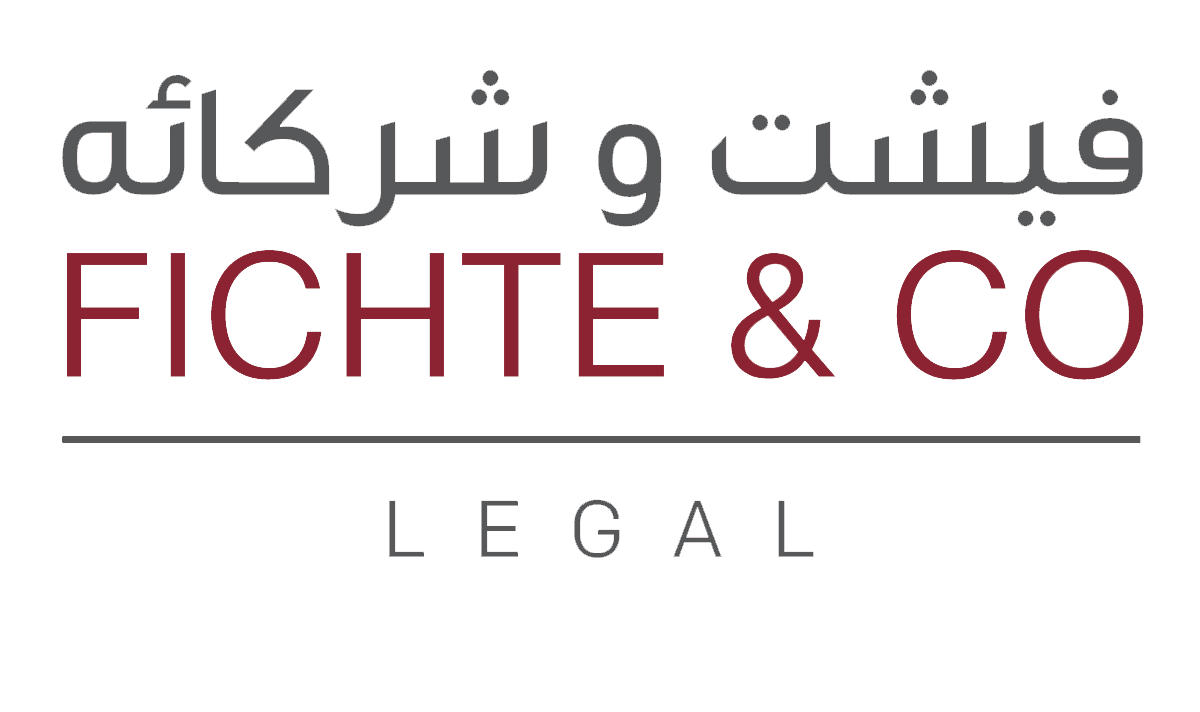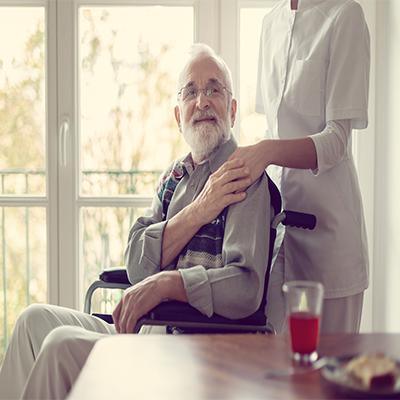Legal liability, whether criminal or civil, happens as a result of an act (or omission of an act) committed by a person, which results in damage to a third party, this includes medical malpractice.
Under the Medical Liability Federal Law No. 4 of 2016 (the “2016 Law”), a medical professional is required to pay necessary care and make honest efforts in line with established medical practices. A medical professional is liable for medical malpractice arising from ignorance of technical matters, which every practitioner of the same profession is expected to know. Failure to follow the accepted professional and medical practices, failure to pay the due care or lack of caution can also be considered medical malpractice.
There is misconception that injury is always physical, however an injury caused as a result of a malpractice need not be physical, compensation can be claimed for emotional stress, loss of income, psychological pain and suffering and medical expenses, this list is not exhaustive.
In order to prove criminal medical negligence the 2016 Law provides that a “gross medical error” must have occurred for there to be a rise for imprisonment or fines to be imposed, however this term was never adequately defined making it difficult to put into practice.
The UAE has issued the UAE Cabinet Resolution No. 40 of 2019 (“Resolution“) which expands on parts of the 2016 Law. The Resolution has clarified many grey areas, a few of which will be considered below:
Gross Medical Error:
The Resolution elaborates on the term, “gross medical error”. A malpractice is considered “gross” if it leads to the death of the patient or embryo, the unnecessary removal or function of an organ or any other sever damage, as a result of the following malpractices:
- Ignorance of recognised principles as per those practicing the same profession;
- Adopting a medically unrecognised method;
- Unjustified deviation from the usual medical rules and practices;
- Under the influence of alcohol, drugs or any other intoxicating substance;
- Severe neglect or lack of prudence in conducting recognised medical procedures;
- Intentionally practicing out of scope of the specialisation granted in the medical license;
- Treating or diagnosing on matters not trained and without supervision.
This clear definition means Claimant’s know what they need to prove when alleging malpractice in turn reducing flood gate of claims. It also puts a duty on the medical practitioner to act within their remit with caution.
Medical Liability Committees:
Previously the Medical Liability Committee(“MLC”) composed of medical practitioners from different specialisations was set up. The sole purpose of the MLC was to investigate within 30 days of any complaints of malpractice being received. Once the decision was reached either party then had a further 30 days to appeal this decision to a Supreme Committee of medical Liability. Without the MLC first investigating a complaint and serving their final decision, no Court action could be taken.
The Resolution requires each Health authority to set up a MLC, the MLC will still have a diverse specialized panel to investigate all Claims before them however now they can seek the assistance of other specialists to form a decision in a report. Details of the decision-making process and voting system are contained within the Resolution. The report must be made available to the Claimant and the Defendant, once the report is received the parties as before have 30 days to appeal to this decision. The Resolutions confirm a Supreme Committee of Medical Liability is to be formed to deal exclusively with appeals.
This part of the Resolution is providing more resources to the MLC so they can make an informed decision as to whether a malpractice has taken place or not.
Insurance:
the Resolution states that a medical practitioner may not practice unless the Healthcare institutes provides insurance to the medical practitioners to protect them from any claims of malpractice. This element of the Healthcare institute providing insurance places a burden on the institute to risk assess their practitioners so as to avoid insurance claims.
Since the Resolution, we can expect to see a change in the matters that come before the Courts, as the rules on Medical Liability are evolving and becoming more compact to give us all more clarity on what does and does not give rise to medical malpractice.
The Resolution was published on the UAE Federal Gazette No. 658 on 15 July 2019 and valid from the following day of publication.




